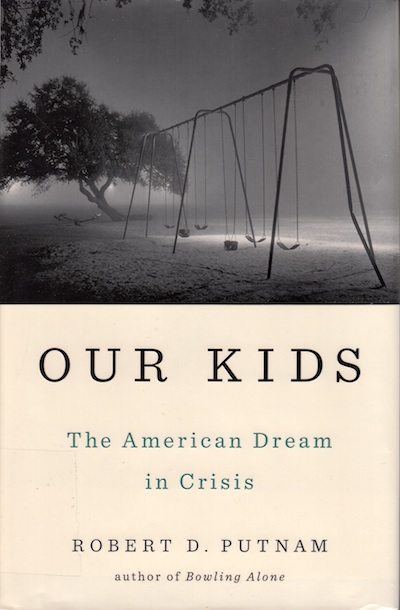
Palaces for the People is about the institutions that help a community come together and survive: libraries, pools, parks, gardens, and schools. These are all places that people can exist and be safe and get to know each other. When you can meet and discuss and not have to pay to do it. I work in a library and, as long as you’re not largely disruptive to other people or doing anything obviously illegal, we’re happy to have you.
We are, right now, in the middle of a pandemic and the racism that is pervasive in America is especially obvious. All of these institutions are closed and cannot help at the moment. I wish we could. I wish our library could be the place of respite and education that it is designed to be, that it should be. The lack of social infrastructure at the moment, at best, isn’t helping anything and may be actively hurting things. (Is it better for us to open and become a disease vector? What a terrible choice.)
If you are looking for a way forward, for examples of institutions that could help – help people find jobs, help people find community, help people learn more about the history of racism and possibly bring some optimism to you – Palaces for the People could be a building block.
